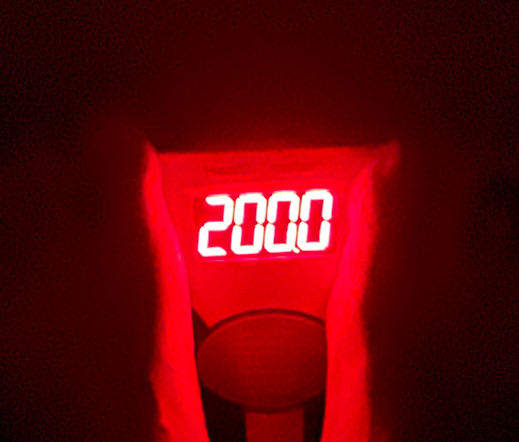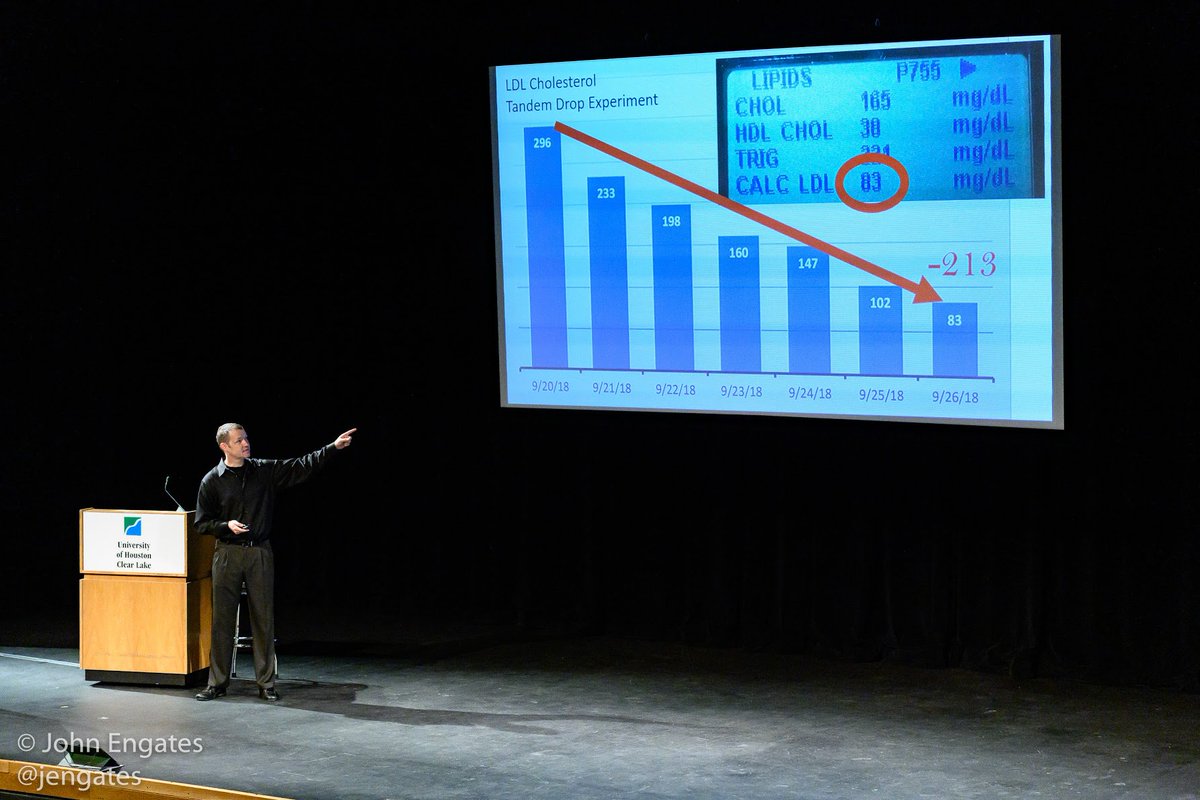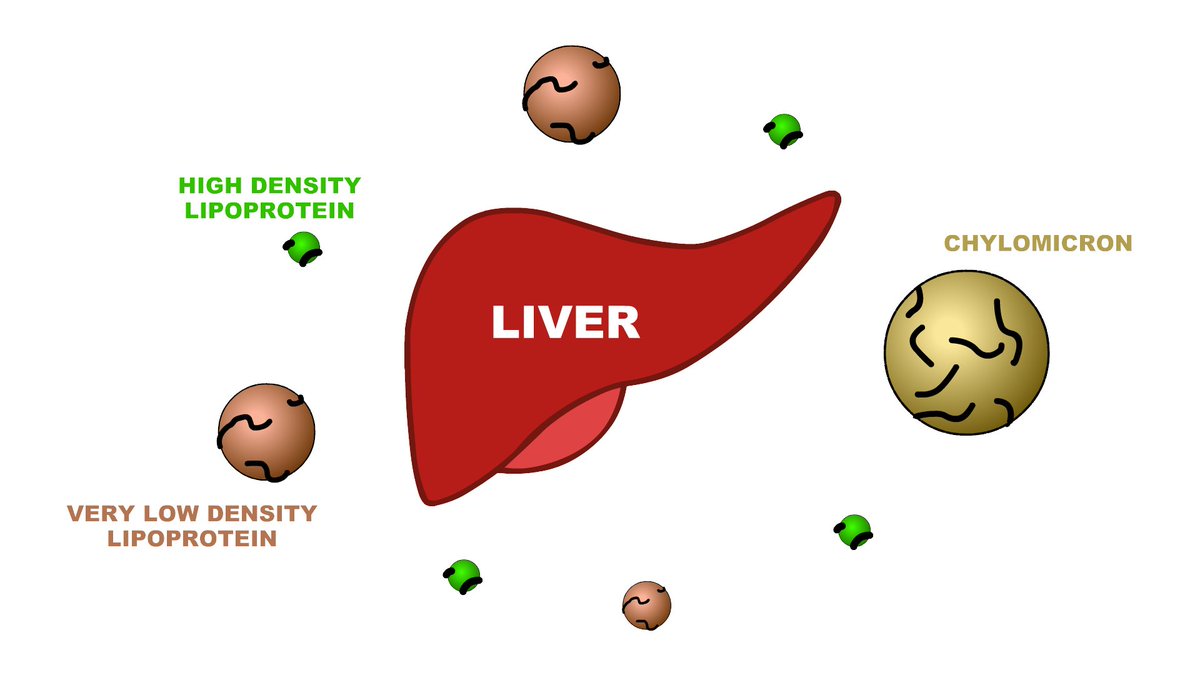
1/ So I did my 3D body scan this morning (and no, not posting pictures or sharing absolute numbers).
This will have been 5 days since isocaloric carb swapping in low-ish carb for keto.
Waist +0.9"
Stomach +1.2"
Hip +0.4"
Wow... in 5 days? This was pretty unexpected...
This will have been 5 days since isocaloric carb swapping in low-ish carb for keto.
Waist +0.9"
Stomach +1.2"
Hip +0.4"
Wow... in 5 days? This was pretty unexpected...

2/ Just a reminder-- this is the most controlled experiment between phases I've had to date. Replicated sleep and exercise timing and patterns, even water quantity and consumption window.
Given this shorter time span for the phase, I wasn't expecting much difference to emerge...
Given this shorter time span for the phase, I wasn't expecting much difference to emerge...
3/ Although, to be sure, both my wife and I noticed I was putting on more weight in the midsection even before the scan. I'm holding at around 199.6 for two days in a row, so while I gained around 2.5lbs initially, it seems to have leveled off.
4/ And yes, I'm sure most of this gain is in glycogen and water, but entirely. And frankly, I figured it would be a bit more distributed, but the 3D scan says otherwise.
(Kinda gives a new meaning to "area under the curve")
(Kinda gives a new meaning to "area under the curve")
5/ It's worth emphasizing I don't have dog in the battle over carbs vs fat, etc, even if I do enjoy a low carb diet. Moreover, the Good Scientist in me considers there are many other explanations than "it's simply the carbs", of course (which I won't cover in this thread)
6/ All that said, it is inspiring me to have an even more controlled isocaloric carb-swap experiment. Comparable to this one, I'd swap in, say, 10% carbs to replace the likewise calories of fat in the control phase. I might even do a double crossover.
7/ I'd keep all food the same save the fat vs carb intervention, which I may just need to drink along with the meal in a shake, perhaps...?
I'd add DEXAs at the end of each phase and ideally, I might have a more advanced bioimpedance scale to go along with the 3D scans.
I'd add DEXAs at the end of each phase and ideally, I might have a more advanced bioimpedance scale to go along with the 3D scans.
8/ What do you think?
Let's say I tightly control everything as I like to do and perform a double crossover experiment as I describe above.
Would the isocaloric carb swap intervention phases have any significant impact on weight and fat mass beyond glycogen and water retention?
Let's say I tightly control everything as I like to do and perform a double crossover experiment as I describe above.
Would the isocaloric carb swap intervention phases have any significant impact on weight and fat mass beyond glycogen and water retention?
• • •
Missing some Tweet in this thread? You can try to
force a refresh









